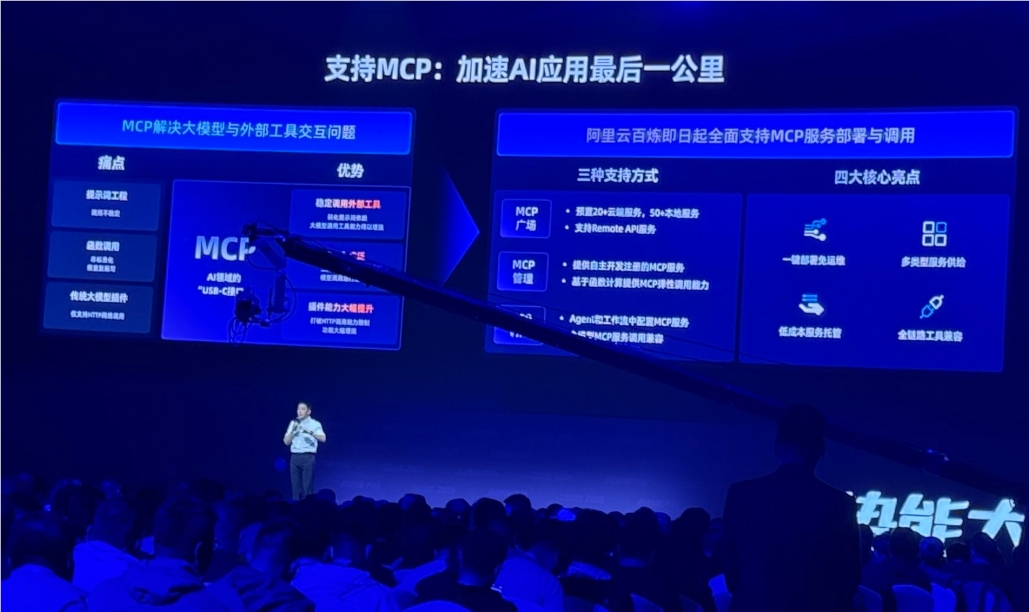The Brazilian government has recently announced a significant plan, proposing to invest 23 billion reais (approximately $4 billion) over the next five years in the development of artificial intelligence (AI). This plan aims to promote sustainable and socially-oriented technology, highlighting Brazil's autonomy and competitiveness in the tech sector. President Luiz Inácio Lula da Silva stated at the plan's launch that they aim to achieve "national sovereignty" in the AI field, reducing reliance on AI tools imported from countries like China, the United States, South Korea, and Japan.

Image source: The image was generated by AI, authorized service provider Midjourney
This investment plan focuses on multiple sectors including public health, agriculture, environment, commerce, and education, with the government hoping to achieve "immediate" effects through these projects. Specifically, the plan mentions developing AI systems to improve customer service and operational processes, thereby enhancing service quality.
Regarding the allocation of funds, the Brazilian government stated that the 23 billion reais investment will be disbursed gradually from 2024 to 2028. Nearly 14 billion reais will be used for business innovation projects, and more than 5 billion reais will be specifically allocated for AI infrastructure and technology development. The remaining funds will be used for training programs, public service improvements, and AI regulatory support.
President Lula emphasized, "We can no longer wait for AI technology to be introduced from other countries; we must cultivate our own technology." He further pointed out that Brazil's artificial intelligence must not only be "smart" but also serve as a source of income and employment, reflecting the country's economic development needs.
Key Points:
🌟 The Brazilian government plans to invest 23 billion reais (about $4 billion) in AI development over the next five years.
🌍 Investments will focus on sectors such as public health, agriculture, environment, commerce, and education to achieve sustainable development.
💼 The allocation of funds will include business innovation, AI infrastructure construction, training, and public service improvements among other aspects.










